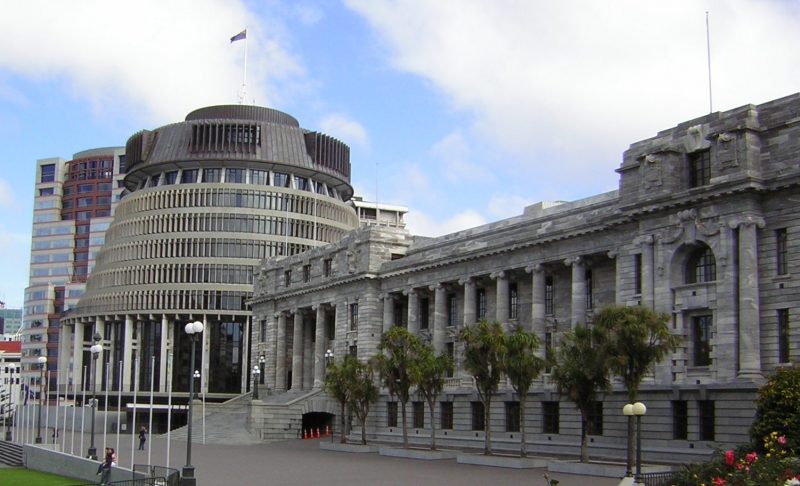A parliamentary select committee has recommended changes to a bill that would seek to enable the creation of “safe areas” within up to 150 metres of specified premises providing abortions, on a case- by-case basis, but pro-life groups have condemned the changes and the bill as a whole.
Parliament’s Health Select Committee reported back to Parliament on The Contraception, Sterilisation and Abortion (Safe Areas) Amendment Bill, which is a private member’s bill of Louisa Wall (Labour). The second reading debate started on November 10.
Voice for Life stated that the revised bill is “nothing more than a direct attack on the pro-life message and convictions, and is yet another attempt to silence any who would stand for truth, equal justice, and the lives of both mother and child”.
Voice for Life urged people to contact their MPs with their concerns about this bill, which proposes that a person convicted of engaging in prohibited behaviour within a safe area would be liable for a fine of up to $1000.
Earlier this year, the Attorney-General stated that aspects of the original bill appeared inconsistent with the right to freedom of expression under the New Zealand Bill of Rights Act.
In particular, he was concerned that the bill would criminalise “communicating” in a way that was objectively emotionally distressing, as originally proposed, the select committee report stated.
In a subsequent report, the Attorney-General stated that proposed changes to a revised draft bill would limit freedom of expression, but would do so in a way that is demonstrably justified in a free and democratic society, as allowed for in the NZBORA.
The broad phrase “communicating with” has been replaced in the revised draft bill by several new tests, which are all narrower than the original proposal and have some exemptions, the Attorney- General stated.
Certain actions would be prohibited in a defined safe area when they can be easily seen or heard by a person “accessing, providing, or assisting with providing, abortion services”. These include:
- Advising or persuading such a person defined above to refrain from accessing or providing abortion services, unless the advice or persuasion is by a person who is, with the consent of such a person, accompanying them.
- Informing such a person defined above about matters related to the provision of abortion, unless this is done by those involved with the process (and unless the information is provided by a person who is, with the consent of such a person, accompanying them).
- Engaging in protest about matters relating to the provision of abortion services.
The Attorney-General’s report stated that “communicative activities which cannot be regarded as a ‘protest’, and might commonly be seen at or nearby a hospital (such as an individual engaging in silent prayer), will not risk being criminalised”. They do not come under the definition of protest in the revised draft bill.
The revised draft bill also states that a person must not obstruct another person in a safe area who is approaching, entering, or leaving any building in which “abortion services” are provided.
Making a visual recording in a safe area of another person “accessing, providing, or assisting with providing, abortion services” in a manner that is likely to cause emotional distress to them is also prohibited.
Some select committee members considered that some of the behaviour the bill aims to prohibit would already be covered under existing law.
Another change in the revised bill is that the relevant minister prescribing the safe area would only need to be satisfied that the establishment of a safe area is “desirable”, rather than “necessary”. This would speed up the process, and would mean that incidents of harassment at that facility would not have to be proved.
Right to Life noted that the select committee had reported no evidence of women or staff being intimidated or harassed at abortion facilities.
Right to Life also noted that the Health Select Committee received 914 written submissions on the bill. “There was overwhelming opposition to the bill, with 635 submissions opposed and only 175 in support, 103 submissions were considered neutral.”
“Why did the select committee completely ignore public opinion and all the evidence against this bill?” Right to Life asked.

Reader Interactions